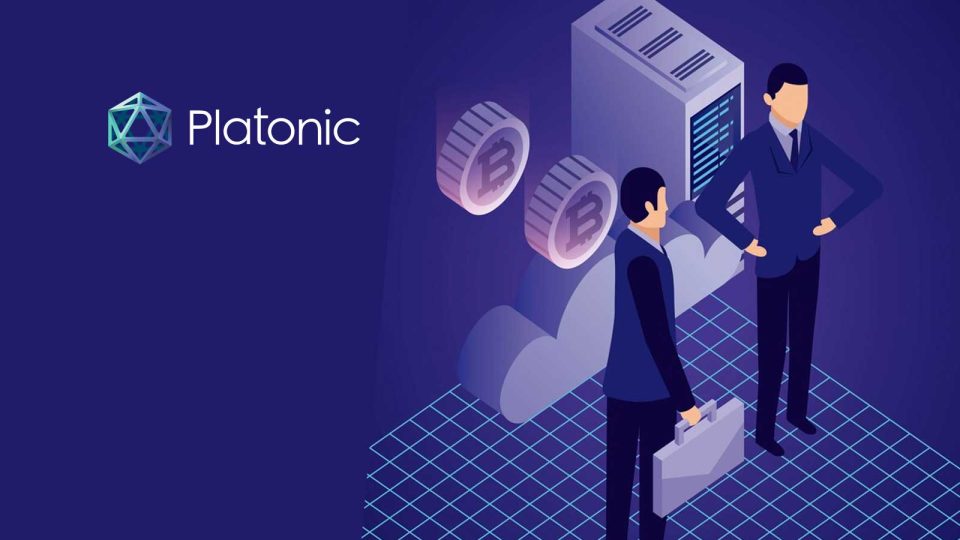As the backbone of tokenization and decentralized applications, blockchain technology has revolutionized how we think about data integrity and trust. However, as adoption increases, so does the scrutiny of the security challenges associated with this innovative technology. Ensuring the security of blockchains is not just a technical necessity; it’s a fundamental requirement for maintaining user trust, preventing financial loss, and fostering wider adoption.
Also Read: CIO Influence Interview with Jason Hardy, CTO at Hitachi Vantara
Growing Threat Landscape
With the rise of tokenization adoption by the buy side for funds and eventually real world assets, concerns about protection of data and the need for access to information by multiple participants has risen significantly. It’s not really specific to cybercriminals, (which is mostly associated with cryptocurrencies) but more toward “information leakage” which has been a concern of Asset Managers (the Buy Side) for decades. While there are no high profile or specific incidents that have occurred with a tokenized asset, the widespread publicity around incidents in cryptocurrencies, whether fair or not, underline the urgent need for more robust security measures to protect against evolving threats.
Irreversibility and Immutable Nature
One of blockchain’s defining features is its immutability; once a transaction is recorded, it cannot be altered or reversed. While this is beneficial for maintaining data integrity, it poses significant risks if and when security breaches occur. With data, the risk can be greater than just the loss of the asset. In traditional finance (TradeFi), once information is “released” it too cannot be altered or reversed. Quite the contrary, as it can be disseminated much more quickly and wider than if the asset itself were stolen. If a malicious actor successfully executes a transaction exploiting a vulnerability, or an issuer “accidentally” shares private data, the repercussions can be irreversible. Therefore, an extended layer of protection reinforcing security is crucial not only to prevent such scenarios but also to provide mechanisms for rectifying breaches or mistakes after they occur.
Smart Contract Vulnerabilities
Smart contracts, self-executing contracts with the terms of the agreement directly written into code, have gained traction due to their potential to automate processes. However, they are not without flaws. Coding errors or overlooked vulnerabilities can lead to breaches of data and financial losses. This highlights the necessity for enhanced security measures in smart contract development and deployment, particularly through the use of privately permissioned blockchains that incorporate stringent security practices.
Decentralization and Consensus Risks
The decentralized nature of blockchains, while a strength, also introduces unique security challenges. Different consensus mechanisms, such as proof-of-work (PoW) or proof-of-stake (PoS), have their vulnerabilities, but PoS is generally considered to have a lower risk than PoW. Collusion and manipulation are the primary risks, which can be mitigated by ensuring that a sufficient number of nodes participate in the consensus process to fortify the network against potential attacks. However, for tokenized assets that are technically not “bearer” instruments, the risk of collusion or manipulation is minimal. The more significant threat for these assets is information leakage, which can be far more damaging than token theft. The consequences of such leaks can be severe, including loss of reputation, client attrition, lawsuits, and regulatory actions. Further, knowing an asset manager’s intention can lead to higher implementation costs of an investment.
Also Read: How CFOs and CIOs are Collaborating to Drive IT ROI
Regulatory and Compliance Pressures
As governments and regulatory bodies begin to scrutinize blockchain technology, particularly the tokenization of real-world assets, the need for security becomes intertwined with compliance. Capital markets, as we are all aware, require strict adherence to regulations regarding data privacy and security. Non-compliance due to inadequate security can lead to legal ramifications and reputational damage, emphasizing the importance of implementing a blockchain with a unique and robust security framework.
User Trust and Adoption
The security of a blockchain should be a primary factor in choosing a private tokenization platform that can serve as a bridge to public blockchains. User trust and the issuer’s ability to control which third parties and vendors receive data should be integral to every issuer’s evaluation process. In the coming era of tokenization, private and permissioned blockchains with enhanced security and data protection measures are likely to see significant increases in adoption. Users are more likely to engage with blockchain solutions if they feel confident in their security measures and believe that regulators will approve of them.
It is critical for the tokenization industry to understand this and seek a unified approach to buy-side concerns by working with a platform that is proven to protect data. This is not a competitive issue; it’s a cooperative proposal. A series of high-profile breaches can deter potential users and investors, stalling innovation and development in the tokenization and blockchain space. By prioritizing security, blockchain projects can foster greater confidence among users, paving the way for wider adoption.
As blockchain technology continues to evolve and the tokenization of assets expands, the imperative for enhanced security becomes increasingly evident. By addressing vulnerabilities, enforcing best practices, and fostering a culture of security within the blockchain ecosystem, we can ensure that this transformative technology fulfills its promise while safeguarding users and stakeholders alike. The industry’s emphasis on security is not just an option; it’s a necessity for the sustainable growth of blockchain technology.
[To share your insights with us as part of editorial or sponsored content, please write to psen@itechseries.com]


